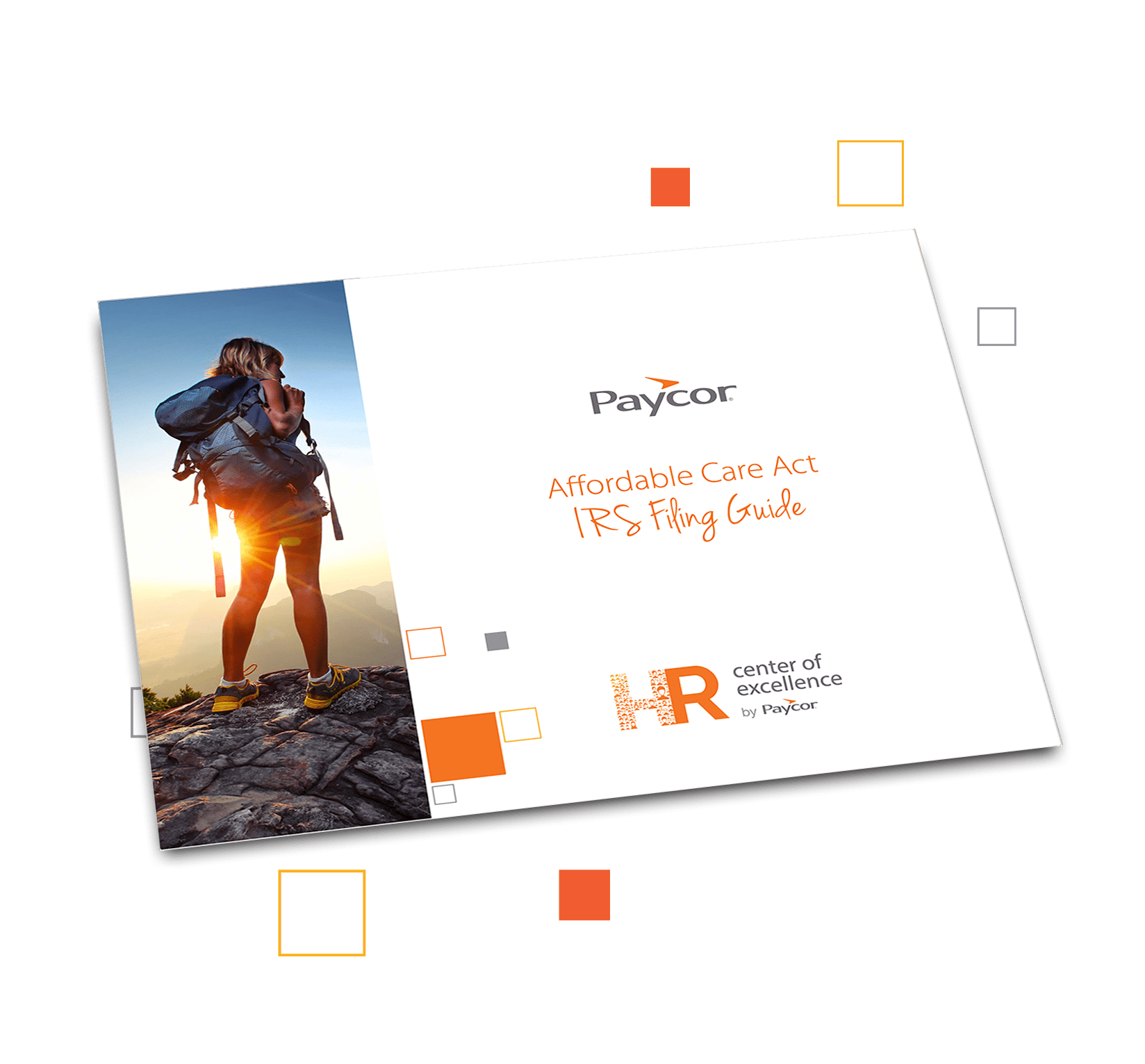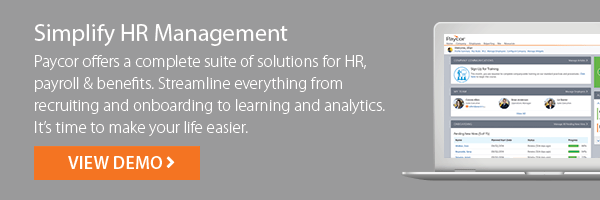It’s That Time of The Year Again
It hasn’t been an ordinary year, but—believe it or not—we’re approaching the holiday shopping rush and retail businesses are hiring additional staff to handle the increased workload. Seasonal employment gives employers the help they need to get through a busy period without making long-term commitments, and in return workers (often students) get valuable work experience and the chance to earn some extra cash.
Most employment laws, except the Family and Medical Leave Act (FMLA], also apply to seasonal employees. And the federal Fair Labor Standards Act (FLSA)] and state laws require companies to pay their seasonal employees 1 ½ times their regular rate of pay for any hours worked in excess of 40 in a given work week… just like their regular employees. Seasonal employees can also affect your calculations for Affordable Care Act, so it’s important to really keep an eye on their hours.
How to Hire and Onboard Seasonal Employees
A clear and persuasive job description will help you attract the best candidates. Your job posting should include:
- Know what you need. First and foremost, you need to have a good grip on exactly the types of employees you need to get through your rush period.
- Use applicable keywords. The words “seasonal” and/or “temporary” definitely need to be in the title of the job description and mentioned throughout. You should also include start and end dates to manage expectations.
- Highlight the benefits. Will you be offering company discounts, bonuses or other enticing perks? Be sure to mention them. They can be a definite draw to employees, especially if they’re better than your competitors’.
Where Can You Find the Best Seasonal Employees?
Here are a few ideas:
- Previous employees. If this isn’t your first rodeo, go back to previous hires and see if they’re interested in coming back this season. They’re already familiar with your business, so they’ll hit the ground running. They can even help train new employees.
- Referrals. Ask the people who currently work for you if they have friends and family who are looking for temporary work. You can offer referral bonuses to get more candidates.
- Job Boards. Post on all of the usual suspects, but also consider recruiting on sites like Craigslist, Facebook and Twitter to tap a totally different audience.
For many companies, recruitment may work differently this time round. Our step-by-step guide to remote hiring can help you get off to the best start in challenging circumstances.
Competition for good seasonal workers is very high…
So, once you’ve extended job offers, start your hiring process early with a seamless onboarding process:
- Job training. Get your temporary workers onboard quickly and in plenty of time to ensure you can get them properly trained.
- Make sure they have the right tools. Few things are more frustrating than starting a new job and not having what you need to get to work.
- Use the buddy system.
When the temps you used in previous years come back, have them mentor the new hires. This will help ramp up the newbies quicker.
FLSA and your seasonal employees
The Fair Labor Standards Act (FLSA) has different rules when it comes to seasonal employees in certain industries. Employees of an “amusement or recreational establishment, organized camp, or religious or non-profit educational conference center” are exempt from the law’s requirements as long as:
- The company doesn’t operate for more than seven months in a calendar year OR
- During the previous year, the company’s average receipts for any six months weren’t more than 33% of its average receipts for the other six months
Does FLSA Apply to You?
According to the law, amusement or recreational establishments include: beaches, golf courses, swimming pools, boardwalks, stadiums, summer camps, ice skating rinks and zoos. If your business is not one of those eight, you’re out of luck and the law applies to your seasonal employees. This means that you have to abide by minimum wage and overtime requirements, no exceptions.
What Classifies Full and Part-Time Employees?
The FLSA doesn’t require a certain number of work hours to determine full-time or part-time employment; that’s on individual companies to decide. In most companies, any employee who works at least 32 hours in a work week is considered full-time. The FLSA does, however, require most employees (including your temporary workers) to be paid at least the [federal minimum wage](/resource-center/minimum-wage-by-state-and-2018-increases), which is currently $7.25 an hour. If they work more than 40 hours in a single work week, your seasonal employees are also eligible for overtime pay, which is, at minimum, 150% of their regular pay rate.
Seasonal employees and the ACA
The Affordable Care Act (ACA) requires applicable large employers (ALEs) to offer health insurance to their full-time employees. Your company is an ALE if you have 50 or more full-time equivalent (FTE) employees.
While the FLSA doesn’t require a certain number of hours to determine full-time status, the ACA does. Under the ACA, employees who work 30-plus hours per week are considered full-time. So, regardless of how you decide the split between full- and part-time, it’s important to understand that the ACA has different rules.

Download the Affordable Care Act Filing Guide
Get the help you need to manage your ACA IRS filing process.
But there’s always an exception to the rule, isn’t there?
This is no different and it involves your seasonal employees. If your company employs 50 or more FTE workers for 120 days a year or less or for four complete calendar months (they don’t have to be consecutive), and the employees that take you over the threshold of 50 employees are temps, your business is not considered an ALE, so you wouldn’t be subject to the employer mandate.
Seasonal Employment During a Pandemic
Everyone’s hoping the holiday period will go smoothly. But businesses can’t ignore their responsibility to keep employees safe—get informed about staying ADA compliant and put a plan in place for what you’ll do if an employee tests positive for COVID-19.
How Paycor Helps
Paying employees can be a tricky business, especially when holiday and overtime pay are in the picture. Paycor can help. Unlike many of our competitors, we don’t sell off-the-shelf technology. Instead, we tailor technology, including payroll software and time and attendance solutions, to your business.










